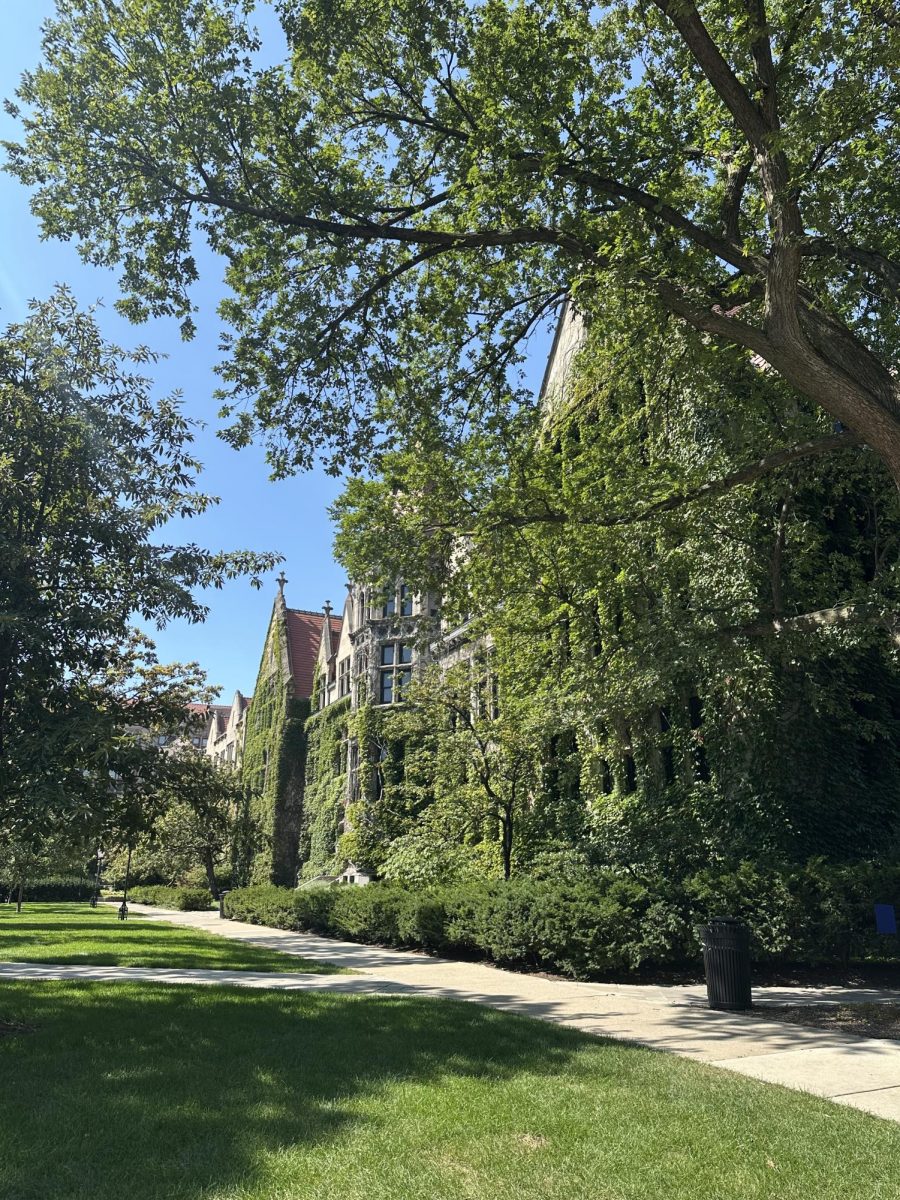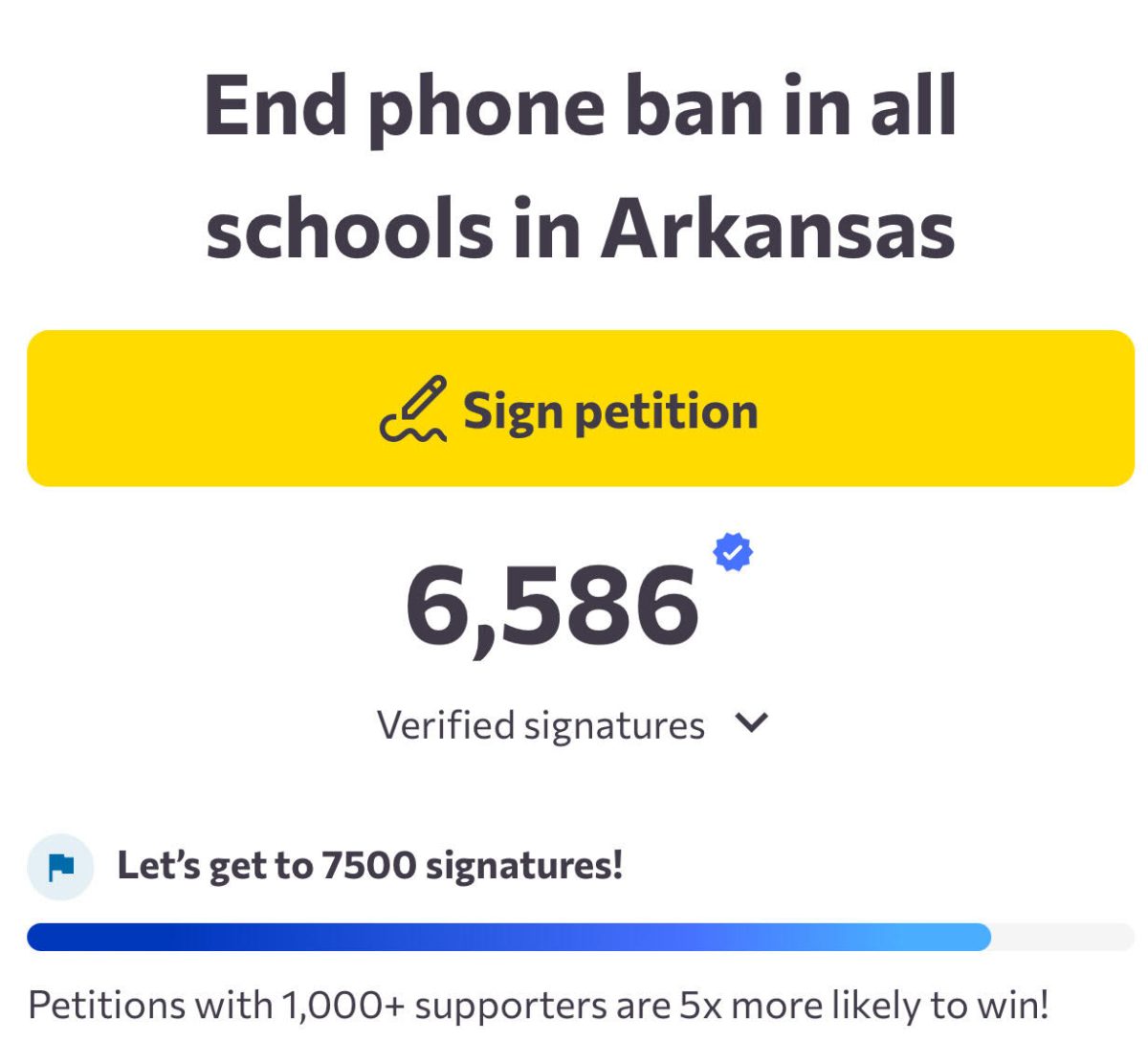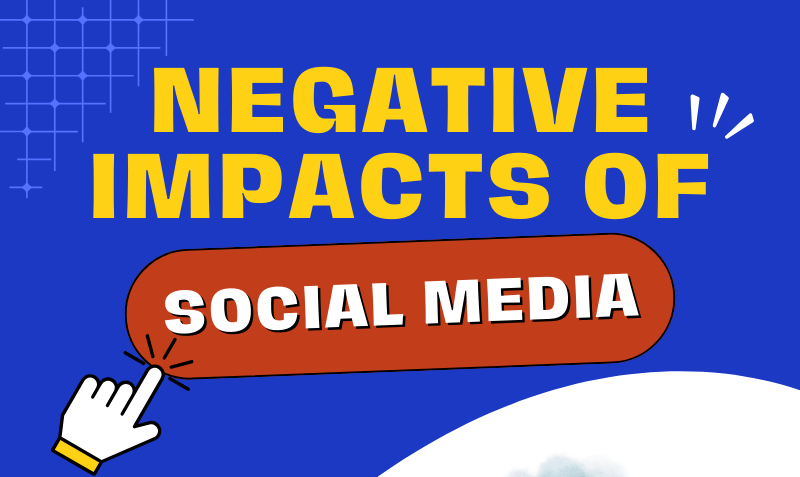With new information surrounding Jeffrey Epstein – and Epstein Island – becoming public, people are once again reminded of just how apt wealthy individuals are to avoid the consequences of their actions.
“There’s a general feeling that in America, the wealthy get away with many actions that middle class Americans would find themselves facing the courts [for],” said Tony Roller, civics teacher.
Lawyers play a big role in prosecution; lawyers are also expensive. If someone can afford an aggressive, experienced lawyer, they are likely to reduce their sentence and delay legal action. Lawyers, or others fond of the defendant, may countersue individuals involved in their client’s original prosecution in hopes of lessening the severity of their punishment. This is specifically seen in the ongoing trial concerning former President Donald Trump’s potential interference in the 2020 presidential election.
“One legal tactic for those who can afford unlimited fees to attorneys is to stall,” said John Raybourn, Advanced Placement government teacher, “to repeatedly delay legal proceedings on any and all grounds to ‘wear down’ resistance, or to make one appear, to the public (or at least to their supporters) to be the victim of an unfair justice system – or possibly in the case of Mr. Trump, to delay judicial proceedings until after the next election.”
Similarly, in the 2020 election, the Biden campaign was accused of suppressing claims tying a Russian information operation to Hunter Biden, President Joe Biden’s son.
According to judiciary.house.gov, “… lawmakers said that based on [CIA Deputy Director Michael] Morell’s testimony, it is ‘apparent’ that the Biden campaign ‘played an active role in the origins of the public statement, which had the effect of helping to suppress the Hunter Biden story and preventing American citizens from making a fully informed decision during the 2020 presidential election.’”
The Watergate Scandal further exemplifies this theme. Although former President Richard Nixon was implicated in the scandal after he and the White House repeatedly denied any wrongdoing or involvement, he was not charged. Reelected in 1972, Nixon resigned and was then pardoned by former President Gerald Ford in 1974, avoiding impeachment and receiving no punishment.
“Crime is based on opportunity, not social status,” said T.J. Moss, Advanced Placement U.S. history teacher.
Studies conducted by Paul Piff, associate professor of psychological science at Berkeley, explored relationships with social classes and their ethics, concluding “higher social class predicts increased unethical behavior.”
The study explored unethical tendencies in the areas of driving, theft, decision making, negotiation and recognition, stemming from greed.
“Their research suggested that individuals from higher social classes might perceive themselves as more entitled, leading to behaviors that could be considered less ethical,” said Carla Jurgensmeyer, psychology and sociology teacher.
Wealth and power go hand in hand. In the U.S., exposure of corruption at the federal level is rarely made accessible to the general public.
“There are small groups of people throughout our country’s history who have made extraordinary efforts, at great risk to themselves, to make us live up to our ideal of being a nation true to the rule of law. We will probably never reach our goal – nor will any country,” Raybourn said. “Those with money will always be able to buy a better defense in court than those who do not have it.”







